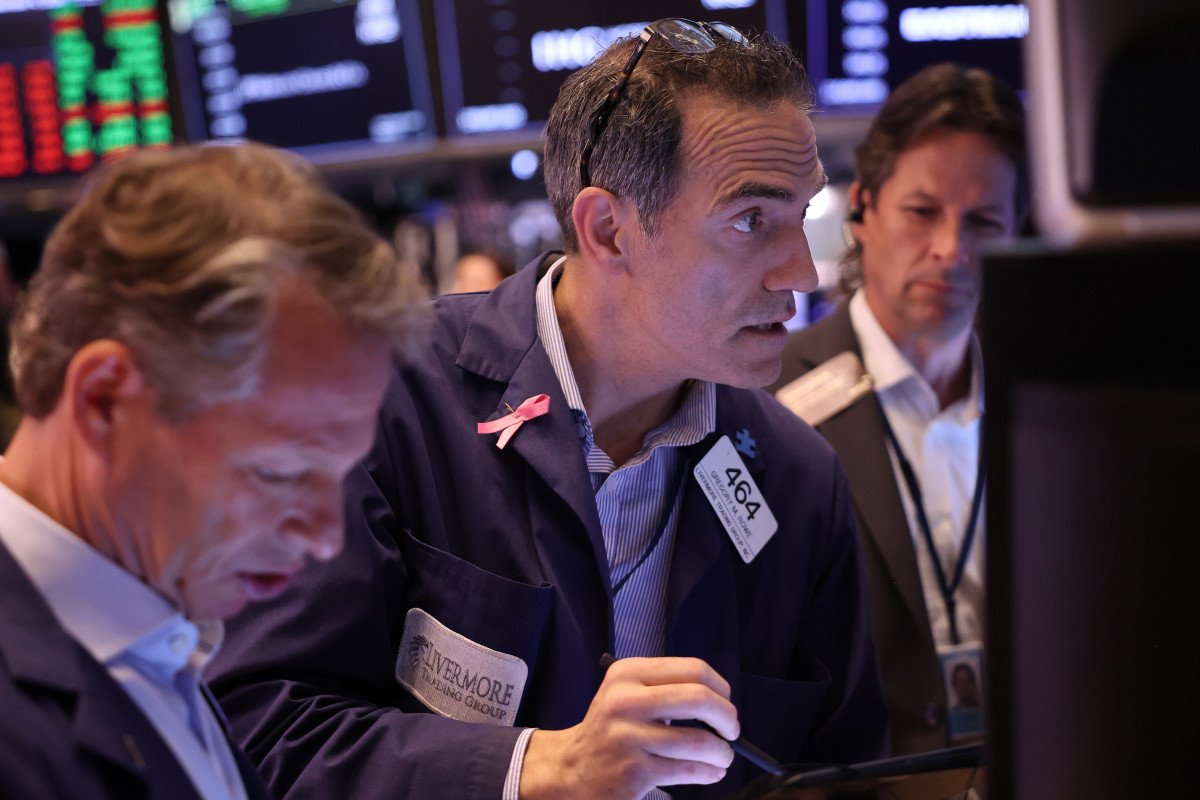The markets are on edge again following President Donald Trump’s announcement of a 25% tariff on all vehicles and auto parts imported into the U.S., effective April 3.
The White House expects the move to generate about $100 billion of revenue, but investors are skeptical. The stock indexes declined and a number of automakers’ share prices were lower.
💵💰Don’t miss the move: Subscribe to TheStreet’s free daily newsletter 💰💵
It’s not the first time Trump’s tariffs have stirred the market.
Back in 2018, Trump imposed tariffs on steel and aluminum, resulting in a trade war that disrupted global supply chains and hurt investors’ confidence. The S&P 500 lost 6.24% that year.
This time the risks could be similar. Vehicles were among the biggest U.S. imports in 2024: Nearly half of all cars sold in the U.S. last year were imported, according to research firm GlobalData.
Related: Veteran hedge fund manager sounds alarm on Tesla’s stock
The move also comes as inflation has been stubborn. Investors are sharply focused on the February’s PCE inflation report, due March 28 and expected to come in at 0.3%, the same as in January, according to the consensus analyst estimate from FactSet.
Tariffs could worsen price pressures by raising the cost of imported goods and prompting companies to pass on higher costs to consumers.
Mark Zandi, Moody’s Analytics’ chief economist, puts it bluntly. “The kinds of changes that are occurring under Trump are arguably unprecedented, and it’s making people very nervous,” he told CNN. “If confidence continues to fall for another three months, and consumers actually pack it in, then game over.”
Several analysts are already scaling back S&P 500 targets for this year. Goldman Sachs cut its target to 6,200 from 6,500, and Barclays to 5,900 from 6,600.
The benchmark closed Thursday at 5693.31, off 3.2% for the year.
Related: Cathie Wood sells $16 million of megacap tech stock
Notably, Barclays also trimmed its earnings-per-share estimate for the index to $262 from $271, citing the economic drag from potential Trump tariffs.
Chris Versace, TheStreet Pro Portfolio’s lead portfolio manager, noted that other Wall Street firms might lower expectations for the S&P 500 in 2025 as well.
With earnings season for first-quarter 2025 around the corner, the 30-year Wall Street veteran also sounded the alarm on corporate earnings.
“There is no reason for companies to be heroes when it comes to delivering their outlook for the June quarter given the number of headwinds that are blowing,” Versace wrote on March 26.







